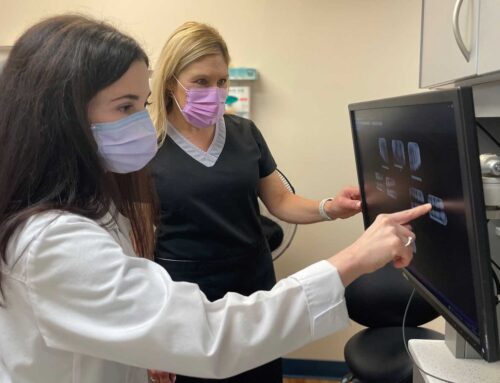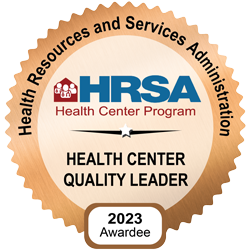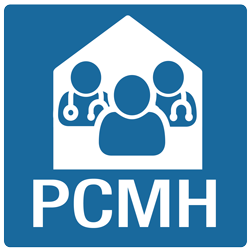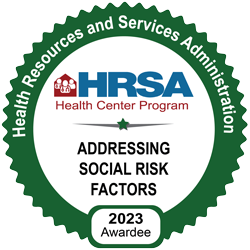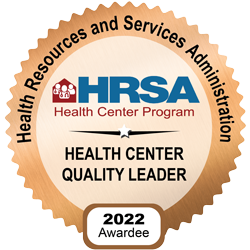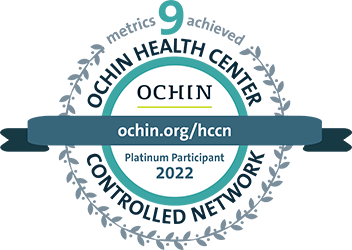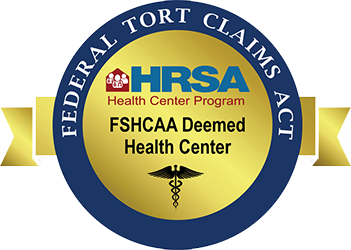In the intricate web of family dynamics, women often find themselves at the core, managing multiple responsibilities. Yet, amidst their myriad tasks, the pivotal role women play in safeguarding their families’ health sometimes goes unnoticed. Whether in committed partnerships or navigating single parenthood, women are often the ones overseeing the health care needs of their loved ones, spanning both physical and mental well-being.
Statistics from the 2001 Kaiser Family Foundation (KFF) Women’s Health Survey shed light on this: an astounding 80% of mothers are tasked with selecting their child’s doctor, arranging appointments, and managing follow-up care. Additionally, even when health insurance is provided through a partner’s employer, 58% of mothers report being primarily responsible for decisions regarding family health coverage. These figures highlight the significant influence women have over their families’ health trajectories.
However, this responsibility can take its toll. When illness strikes, it’s often the working mother who sacrifices professional commitments to care for the sick. This inevitably increases stress levels, sometimes leading to a need for mental health support.
Historically, women have been more proactive in seeking mental health services compared to men. According to the 2022 KFF Women’s Health Survey, 50% of women felt the need for mental health services within the past two years, compared to 35% of men. Despite this awareness, accessing care remains challenging for many. Among women who sought mental health services, significant barriers such as limited provider availability and the high cost of treatment hindered their access to care. Shockingly, some had to wait over a month to secure an appointment.
Enter federally qualified health centers (FQHCs) like Neighborhood Family Practice (NFP), serving as lifelines for women and their families. These centers offer quality healthcare regardless of financial circumstances. By providing a range of essential services under one roof—from mental health support to midwifery and dental care—FQHCs not only enhance convenience but also ease the burden on women to find various healthcare providers.
Moreover, the establishment of trust through primary care services fosters a sense of continuity and reassurance, easing the anxiety inherent in navigating the healthcare system.
In essence, women’s vital role in maintaining family health cannot be overstated. As they navigate the complexities of modern life, it’s crucial to recognize, support, and empower them in their efforts to ensure the well-being of their families. In the delicate balancing act of life, women emerge as the silent pillars, steadfastly anchoring the health and happiness of their families.


